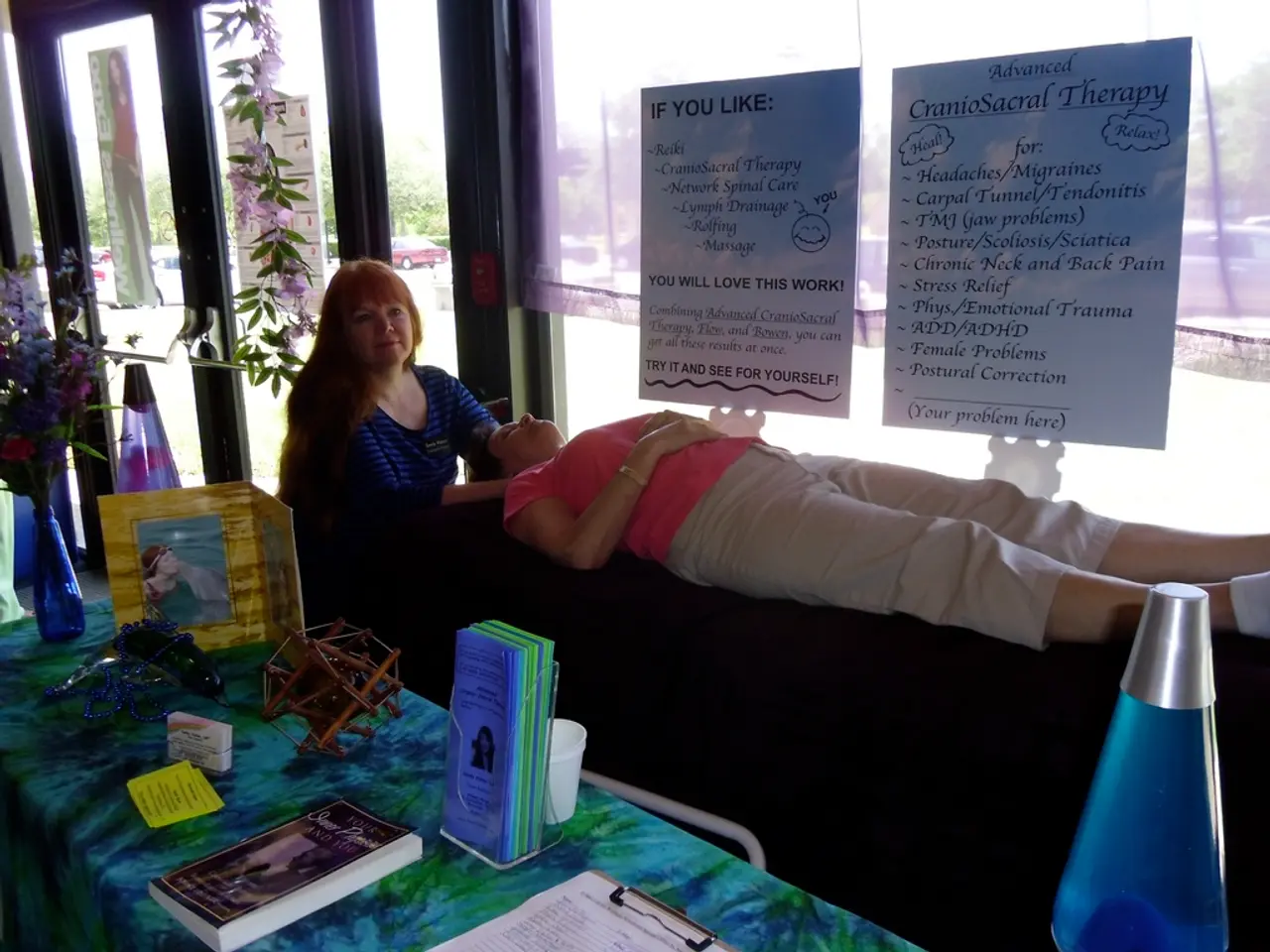Questioning Ambiguity: Could it be an indicator of schizophrenia?
Ambivalence and Mental Health: A Closer Look
A recent study suggests that there is not a strong correlation between a higher rSAmb score and schizophrenia symptoms. However, ambivalence remains an important aspect of mental health, particularly in mood disorders such as major depressive disorder and bipolar disorder.
Ambivalence, historically described as a core feature of schizophrenia, is characterized by simultaneous conflicting emotions or thoughts that coexist and contribute to difficulty in decision-making or affective expression. In schizophrenia, ambivalence is often related to impaired emotional and cognitive processing and is frequently observed alongside other psychotic symptoms.
In contrast, in mood disorders, ambivalence typically involves fluctuations in mood and conflicting feelings that are more conscious and linked to affective states rather than the fragmented thought processes seen in schizophrenia. Ambivalence in mood disorders can manifest as indecisiveness, mixed feelings about events, or vacillation in mood, often with awareness of the distress caused by these conflicts.
The Diagnostic and Statistical Manual of Mental Disorders, 5th edition (DSM-5) lists several conditions that have some symptoms in common with schizophrenia, including major depressive disorder with psychosis, schizophreniform disorder and brief psychotic disorder, delusional disorder, bipolar disorder with psychosis, schizoaffective disorder, and notes a strong association between some mood disorders and higher ambivalence levels.
The distinction between ambivalence in schizophrenia and indecisiveness/ambivalence in other disorders like OCD and mood disorders is significant. Ambivalence in schizophrenia is more a disturbance of basic emotional-cognitive integration, often unconscious and integral to psychosis, whereas in mood disorders it reflects more conscious, mood-related conflicting emotions and indecisiveness. This difference affects both clinical presentation and therapeutic approaches.
It's important to note that while ambivalence might be more common among people with certain mental health conditions, it is not considered a key symptom of schizophrenia. People who routinely experience ambivalence, even without other symptoms, should seek a doctor's advice, as it may be related to a mood disorder such as depression.
Early diagnosis and treatment typically lead to better outlooks for individuals with schizophrenia or a mood disorder. If you or someone you know is experiencing symptoms of schizophrenia, such as delusions, hallucinations, disorganized speech, or highly disorganized behavior, it's crucial to contact a healthcare professional.
Doctors and scientists can measure ambivalence using various methods, such as the Schizotypal Ambivalence Scale (SAS) and the Revised Schizotypal Ambivalence Scale (rSAmb). A study using the SAS questionnaire found that people with higher SAS scores were more likely to have schizophrenia-like symptoms than the control group members. Another study using the SAS questionnaire and fMRI found that people with schizophrenia showed a significantly higher level of ambivalence toward their self-image compared to the control group.
Schizophrenia is a psychotic disorder that affects about 0.6% to 1.9% of adults in the United States. The DSM-5 notes that healthcare professionals should take extra care in diagnosing schizophrenia when the individual has a history of autism spectrum disorder or communication disorder that began in childhood.
Paul Eugen Bleuler, a Swiss psychiatrist, defined ambivalence as simultaneously having two separate ideas or personas in one's mind or having conflicting attitudes or emotions. Ambivalence is a state of mind involving mixed feelings or thoughts about a person, thing, or situation.
In summary, ambivalence in schizophrenia is more a disturbance of basic emotional-cognitive integration, often unconscious and integral to psychosis, whereas in mood disorders it reflects more conscious, mood-related conflicting emotions and indecisiveness. This difference affects both clinical presentation and therapeutic approaches. If you are experiencing symptoms of ambivalence or any other mental health concerns, it's important to seek help from a healthcare professional.
- Though ambivalence is not a key symptom of schizophrenia, people who routinely experience ambivalence, even without other symptoms, should seek a doctor's advice, as it may be related to a mood disorder such as depression.
- A study using the Schizotypal Ambivalence Scale (SAS) questionnaire found that people with higher SAS scores were more likely to have schizophrenia-like symptoms than the control group members.
- The distinction between ambivalence in schizophrenia and indecisiveness/ambivalence in other disorders like OCD and mood disorders is significant, as ambivalence in schizophrenia is more a disturbance of basic emotional-cognitive integration, often unconscious and integral to psychosis, whereas in mood disorders it reflects more conscious, mood-related conflicting emotions and indecisiveness.
- Mental health, including mental health-and-wellness and mental health disorders like major depressive disorder, bipolar disorder, and schizophrenia, is an essential aspect of overall health and is often studied in the field of science and psychology.




